Healthcare organizations and service providers now have to have a website. It’s also a smart business decision. Your website must meet certain HIPAA website criteria if it gathers and utilizes patient data. We go over the significance of keeping a website that complies with HIPAA and offer a list of steps to assist you comply with healthcare security laws.
Why a HIPAA-Compliant Website is Important
You need to be aware of the applicable Health Insurance Portability and Accountability Act (HIPAA) standards if your company’s website gathers patient data. Adhering to these rules guarantees that your website has safeguards against data breaches and cyberattacks and meets the minimal requirements to protect patient privacy. The U.S. Department of Health and Human Services (HHS) enforces these rules and sanctions noncompliance through the Office of Inspector General (OIG).
Your List of Requirements for the HIPAA Website
You must understand the HIPAA Privacy Rule, which prohibits illegal access to, use of, and sharing of patients’ protected health information (PHI), in order to establish a website that complies with HIPAA. The HIPAA Security Rule, which outlines particular procedures for safeguarding cyber networks, is also crucial. Make sure you can cross off each of the following legal requirements for healthcare websites in order to abide by these and other regulations:
- Create company-wide HIPAA compliance standards and processes that web-based staff can use to maintain websites.
- Ensure that your web host complies with HIPAA regulations and has experience encrypting medical data, which is taking private information and applying software or algorithms to render it unintelligible.
- Get website service providers to sign a business associate agreement that covers HIPAA website regulations.
- Make certain that numerous access controls and secure user authentication are implemented by the web host.
- Restrict website access to PHI and provide pertinent staff with security guidelines and best practices training.
- Make that the website and the forms are secured in order to collect PHI securely using web-based forms (such as online scheduling forms, pre-visit health surveys, and patient feedback questionnaires).
- To protect PHI collection, storage, and transmission, encrypt cloud storage.
- Secure PHI transfer over the Internet can be ensured by obtaining secure sockets layer (SSL) certification. An HTTPS:// will appear in the URL of your website rather than an HTTP:// to show that your company has an SSL certificate.
- Make regular backups of PHI and other private data. Although backups are essential, they must always be used in conjunction with HIPAA-compliant safeguards. On the other hand, data backups give hackers copies that they may move from one platform to another.

